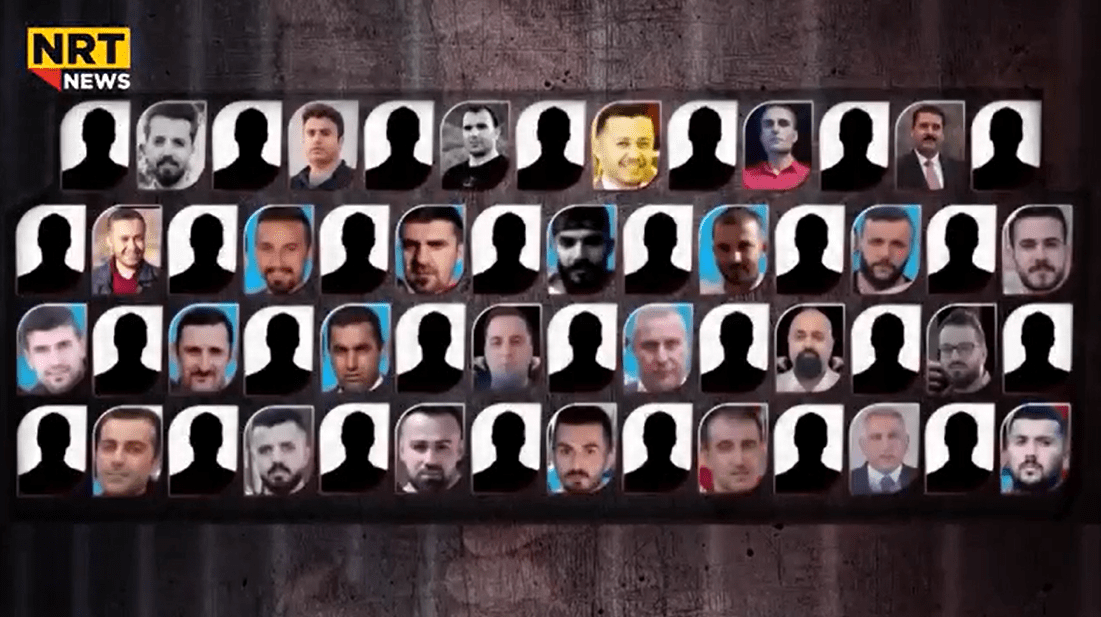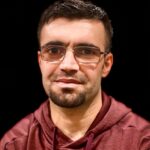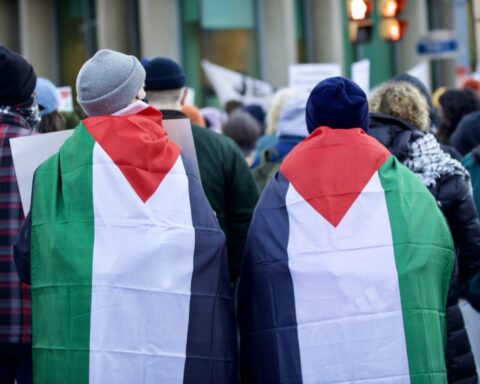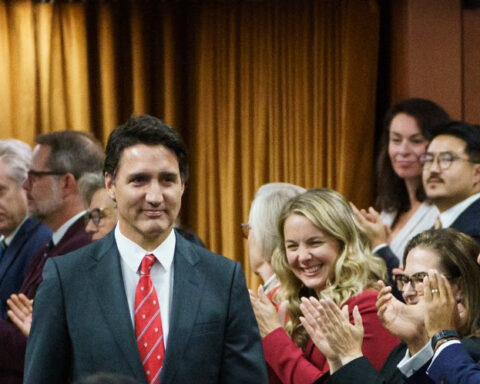Kurdish Canadians are calling on Canada to support journalists who are being punished and imprisoned in the autonomous Kurdistan region in Iraq.
Thirty-five Kurdish journalists, writers, activists and artists from across Canada wrote to Prime Minister Justin Trudeau and his cabinet this week requesting the government intervene in the Kurdistan region’s attack on journalists and the freedom of the press.
New Canadian Media received a copy of the letter sent Nov. 14. It explains that the region’s government put 81 journalists and critics behind bars, abducting journalists and critics, and punishing protesters and activists. They were arrested because they asked for basic rights: Electricity, clean water, the salaries owed to them, and a solution to the high unemployment rate, and they were sentenced to six years on charges of “destabilizing national security and espionage.”
According to the Canadian Charter of Rights and Freedoms and the Universal Declaration of Human Rights, freedom of expression and speech are the fundamental rights of every person.
Despite a wide range of serious concerns and condemnation from other national, regional, and international agencies, the demonstrators have been in jail since October 2020.
“This unjust case brought to serious light concerns about the increasing threat that narrows the scope of journalism and freedom of the press and human rights in Iraqi Kurdistan,” the letter states. “Due to such pressures, many journalists have fled to European countries and North America — especially Canada.”
Most Kurdish journalists and writers arrive in Canada as refugee claimants either directly or by crossing the U.S. borders.
The Canadian prime minister’s office responded to the activists’ letter two days after it was sent.
“You may be assured that the time you have taken to write and share your concerns is appreciated and that your correspondence has been carefully reviewed,” states the reply from the PMO’s Executive Correspondence Officer.
“I have taken the liberty of forwarding your email to the Honourable Mélanie Joly, Minister of Foreign Affairs, for her information and consideration.”
Where the fear comes from
Niyazi Braim, a Toronto-based journalist who signed the letter, told NCM they are concerned about their home country because of two families in power who do not respect freedom and human rights. The two families, the Barzanis and the Talabanis, control the region’s two major parties who have ruled the region since 1991.
Fatah Fatah (Fatah Zakhoy), a Kurdish Canadian who lives in Waterloo, Ont., said he fought against Saddam Hussien’s brutal regime as a political activist and dreamed that human rights violations would end. But when the Kurds in North Iraq gained autonomy in 1991, his dream was dashed when Kurdish authorities followed Hussein’s culture of brutality and atrocities against their critics.
Fatah has been monitoring the events in Iraqi Kurdistan and has deep concerns about the future of journalism in the region. Since Masrour Barzani became prime minister of KRG, he said the rate of repression and violence against critics and journalists has significantly increased.
“In the last ten years, especially after Masrour Barzani became head of the government, the security and police mentality became the language of government, and a great process of silencing mouths began with enticement and intimidation,” Fatah said.
Montreal-based journalist Khalid Sulaiman said the crackdown on journalists in Kurdistan has been painful to watch. The journalists there are his friends and colleagues, and it is the country where he was born, grew up and studied.
“It’s my principle and my moral responsibility to be their voice and tell everyone in Canada and other countries about their predicament,” Sulaiman said. “If there is any repression of journalism and freedom of speech, it’s a nail in a democratic system.”
The Middle East is one of the most dangerous places for journalism in the world. Journalists, civil activists, and anyone who criticizes the government — even on social media — have been arrested and jailed. Dozens have fled to European countries and Canada to avoid arrest.
NCM contacted some journalists and writers living abroad, but they refused to speak because of concern for their families’ safety in their home country.
The Toronto journalist Niyazi Braim said he cannot visit his home country because there is no guarantee he will survive.
“The political parties have killed a dozen journalists and civil activists,” he said. “The KRG attitudes toward journalists and critics are similar to North Korea, Russia, China, Iran and Turkey.”
Diary Marif is an Iraqi Kurdish journalist based in Vancouver, Canada. His writing has appeared in the Awene weekly, Livin, and on KNNC TV as a documentary researcher by the name Diary Khalid. Diary earned a master's degree in History from Pune University, in India, in 2013. He moved to Vancouver in 2017, where he has been focusing on nonfiction writing. He can be found on Twitter: @diary_khalid.






We support the journalists inside or outside of our country who demand justice for our citizens. Their struggles against the people who are apart of limit freedom in our country need to be supported by activists , journalists and all free people all over the world.